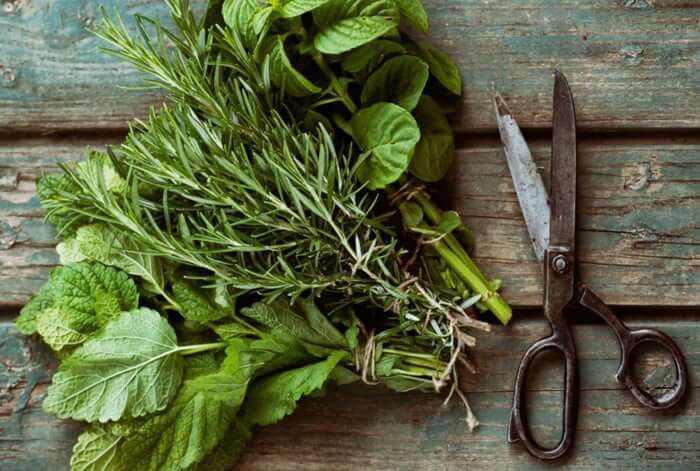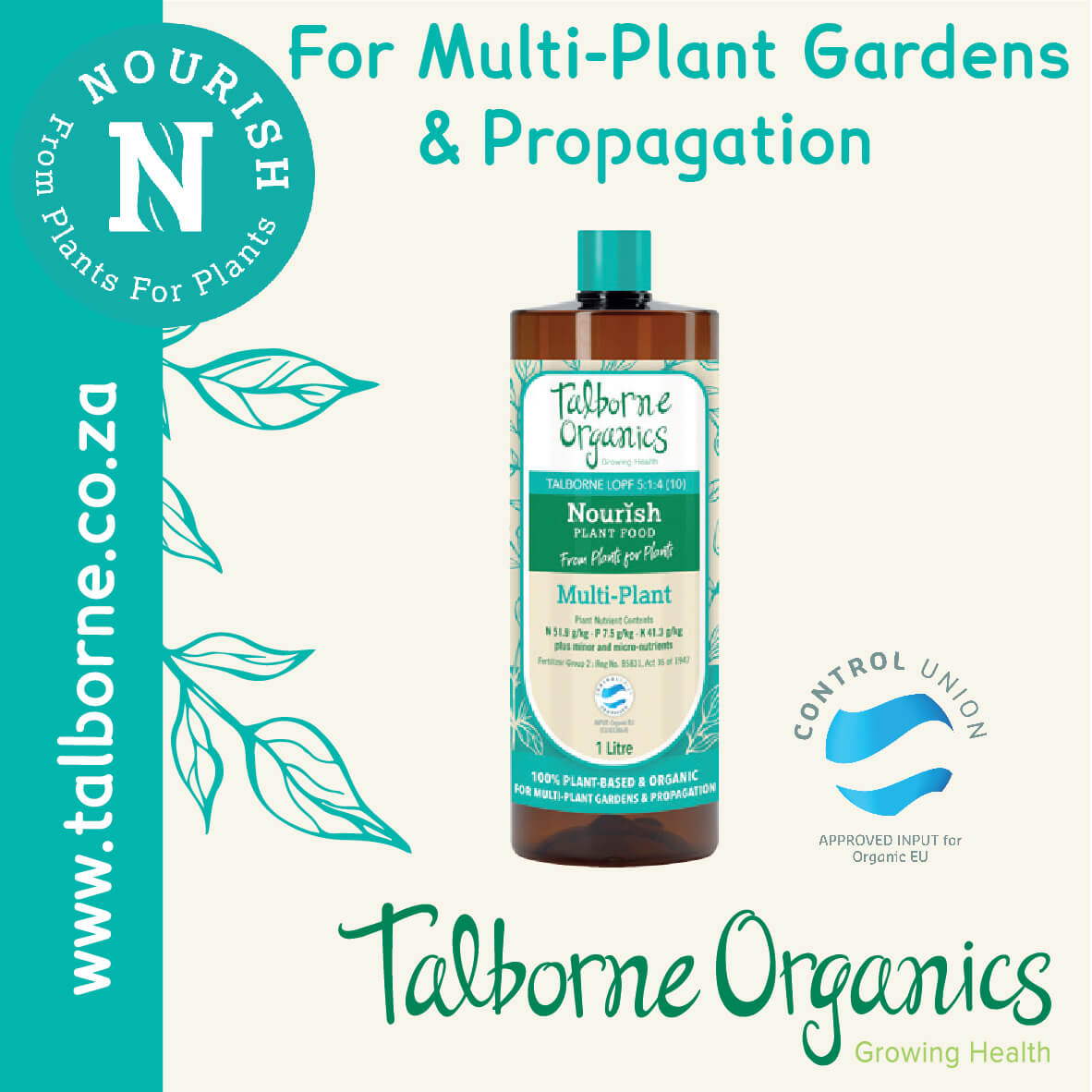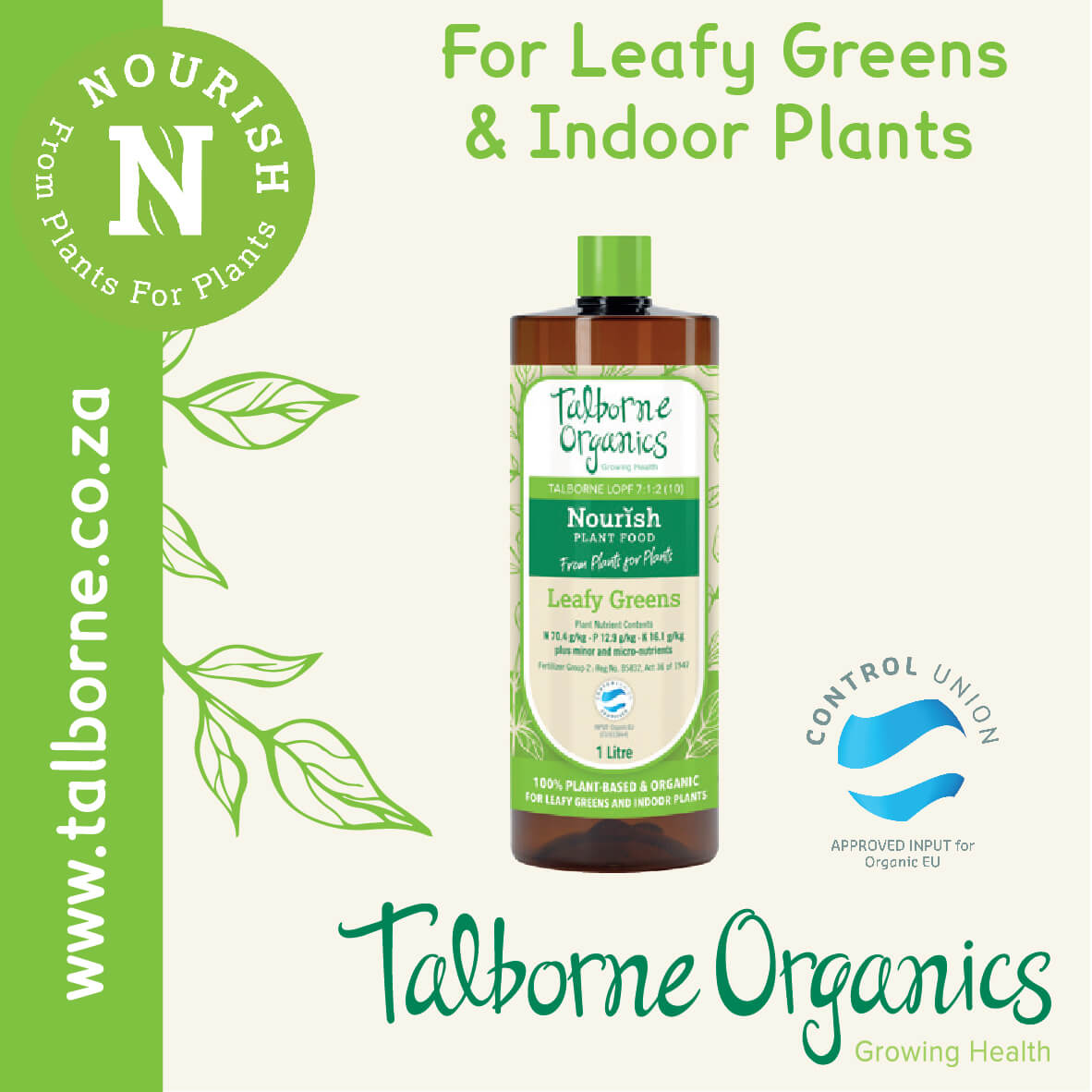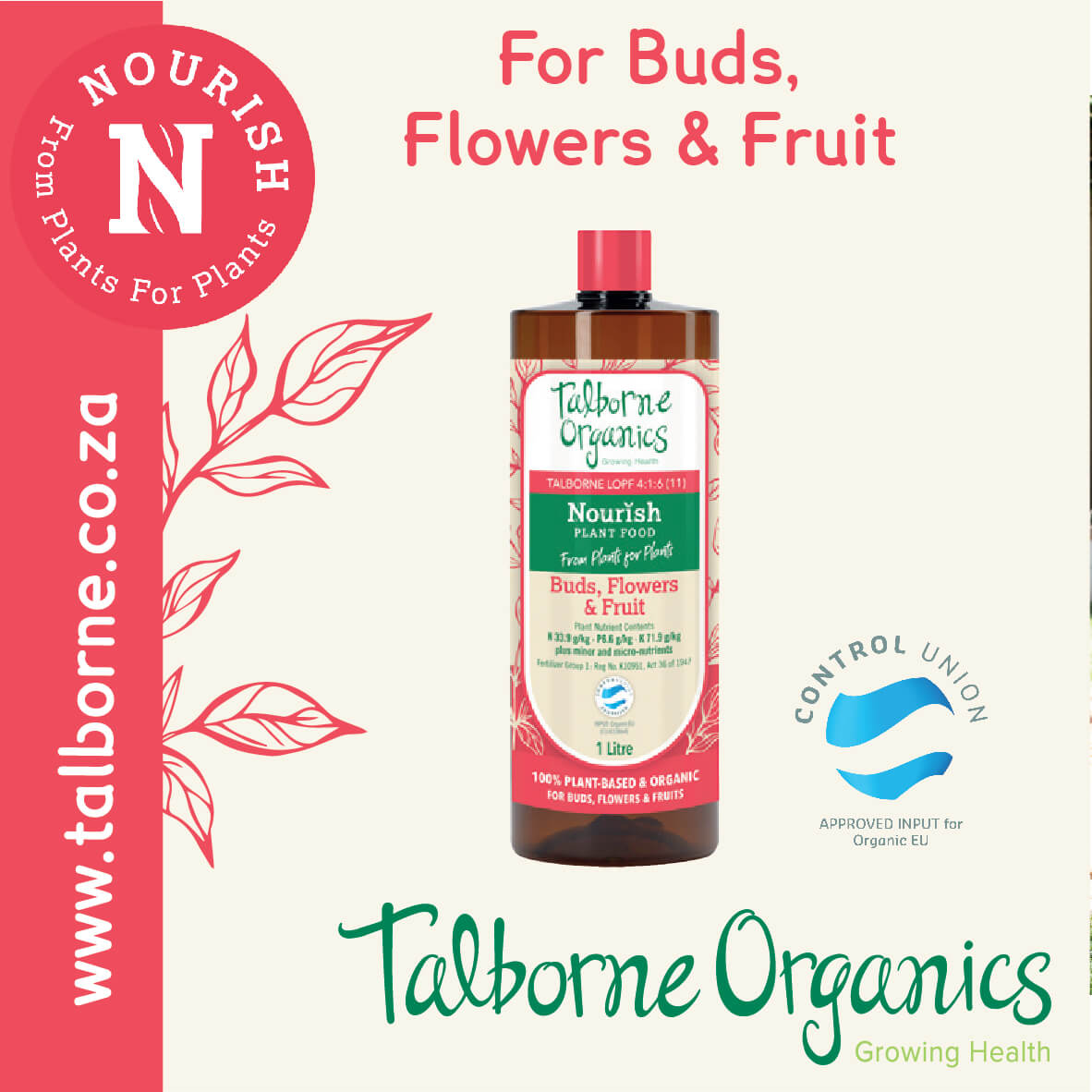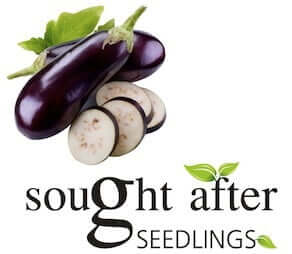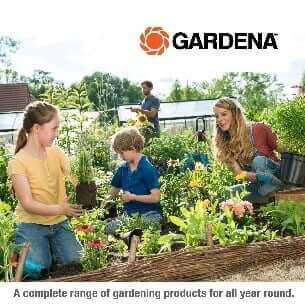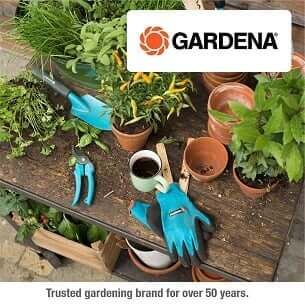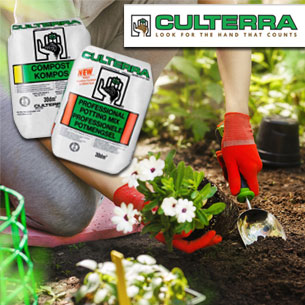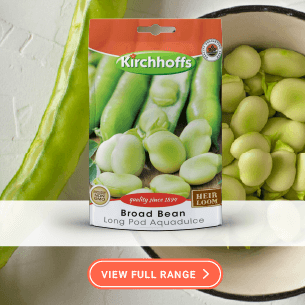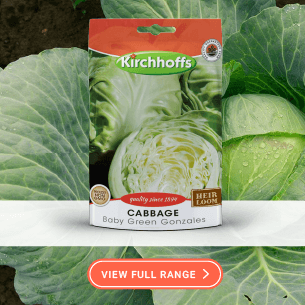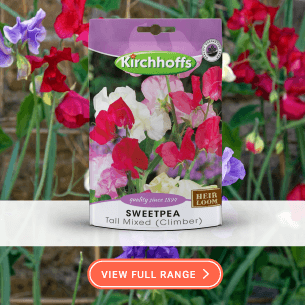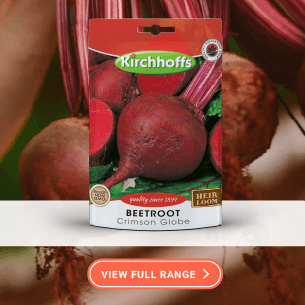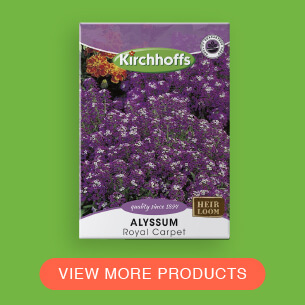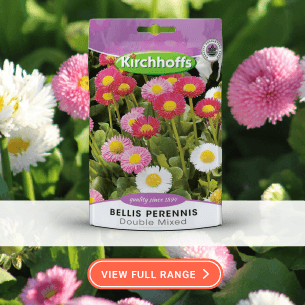Fresh herbs are always first prize, unfortunately many annual herbs like coriander, basil and rocket die back during the colder months of the year. Season soups, stews, breads, cooked sauces, teas and desserts with delicious home grown herbs throughout the year. It’s a great idea to harvest and save some of your favorite herbs when they are abundant. As with anything home grown, self-preserved herbs just taste better than store bought.
When to pick and harvest herbs for preservation.
Timing is important when picking and preserving herbs.
Time of day to pick and harvest herbs for preservation:
The best time of the day to pick or harvest herbs is early in the morning once the dew has dried off and before the heat of the day, so your herbs are nice and juicy, but won’t encourage fungal development during preservation.
Time of year and season to pick and harvest herbs for preservation:
Harvest herbs before flowering, before leaf production declines in Autumn.
The best time to pick and harvest herbs is when the oils and plant saps responsible for flavour and aroma are at their peak. Most common herbs grown in the garden are grown for their foliage, these should be picked and harvested before they flower. Many foliage herbs taste bitter if harvested after flowering. Annual herbs tend to produce stretched and leggy growth when they start flowering. When preserving herbs, we want more leaves and less stalks so harvest before flowering.
Some herbs are grown for their flowers or seeds. Harvest floral herbs after flower buds appear and before they open this is when they are most potent. Herbs grown for seeds can be harvested once the seeds capsules start drying and before they burst open.
In areas where frost occurs your last harvest should be around a month before winter starts (Mid May in South Africa) pruning much later than this could encourage new tender growth which may not have time to harden-off before winter sets in.
Tips when drying herbs at home
- Keep these tips in mind when drying herbs at home.
- Drying herbs is often the most simple and convenient method of preserving herbs.
- Most dried herbs retain the best of their flavour for about 6 months.
- Dried herbs are best stored in airtight glass or metal containers, avoid storing dried herbs in plastic bags.
- Leaves of dried herbs should be kept whole to retain flavour for longer, store leaves whole and crush them as needed.
- The best herbs to air dry include: Basil, dill, fennel, mint, oregano, parsley, rosemary, sage, tarragon, thyme.
How to preserve herbs from home
There are many ways to preserve herbs the most common being drying or freezing and oil or vinegar infusions.
Drying herbs to preserve them.
Air drying herbs:
This is typically done in one of two ways known as bundling or rack drying.
Optimal temperatures to dry herbs for preservation are at 25 – 30 degrees Celsius
For bundling, group up bundles of long stemmed herbs rinse them well with cool water and tie them together with an elastic band. The band will tighten as the herbs dry keeping them nice and tight together. Hand bundles upside down in a dark well aerated space.
To rack dry herbs rinse them well and spread them on a screen or dishcloth, turn them regularly (once a day) and keep them in a warm, dry dark spot with good ventilation.
Drying herbs in a hurry?
Herbs can also be dried in the microwave or the oven. Spread them well and make sure not to over dry them, this will result in burning and definite loss of important essential oils. Only dry one type of herb at a time.
Electronic dehydrators are also available on the market for the more serious hobbyists.
Preserving herbs by freezing
Any herbs can be preserved by freezing them, but this method is mostly used for more tender leafy herbs. Freezing herbs tends to preserve their flavours better than drying.
Some of the best herbs for freezing are basil, mint, thyme, lemon balm, parsley or chives.
How to freeze herbs.
Pick your herbs as normal, rinse wash and pat them dry, remove the leaves from the stems arrange a single layer on baking tray or a flat plate. Freeze the herbs and store them in a labelled plastic bag or freezer friendly container. Remove as needed, remember frozen herbs become soft when defrosted so they are best used in cooking. Frozen herbs tend to be good for around six months.
For easy to use, smaller portions of frozen herbs, chop or blend your freshly picked and cleaned herbs. Add them to the bottom of an ice tray and cover with a little water or melted butter. Pop your herbs as you would ice cubes and add to your cooking as necessary.
Preserving herbs with oils
Preserve herbs by infusing oils
Many herbs can be preserved by infusing oils. It is extremely important that your herbs are well dried and don’t have any water or moisture on them when infusing, moisture will attract mold and bacteria.
Fill clean, dry and preferably dark glass bottles with a good seal with your herbs and cover with the oil. Seal them nice and tight and store in a cool dark place for 3 to 4 weeks. Remember to label with the date and type of herb or mixture.
Try some thyme, oregano and two sage leaves, with a clove of garlic in some quality olive oil.
Infused oils typically last for 3 to 4 months.
Preserve herbs by making butters and pesto’s.
For a great pesto mix and blend together herbs, garlic, pine nuts and extra virgin olive oil season to taste with salt and pepper and enjoy. Pesto’s can also be frozen for later use making them a terrific way of storing summer herbs.
Flavoured butters are other great way to save some herbs. Mince together 1-part herbs to 2 parts softened butter, shape into a log or store in a freezer friendly container. Use slices of flavoured butter to melt over vegetables and meats or use to sauté in recipes for the taste of summer all winter long. Herb flavoured butters can easily be frozen and stored.
So, when the season comes to an end and its time to great your lushes overgrown summer herbs, remember there are many ways to make sure you enjoy the flavours of summer throughout the year. Preserving herbs can be easy and fun. Self-preserved herbs are always an exiting talking point at social gatherings and mealtimes and help you make the most of your garden throughout the year.








